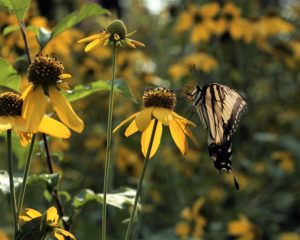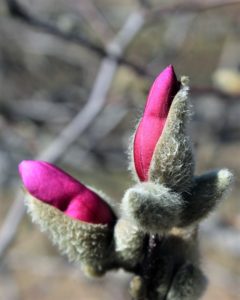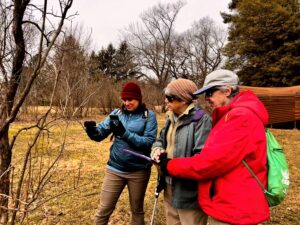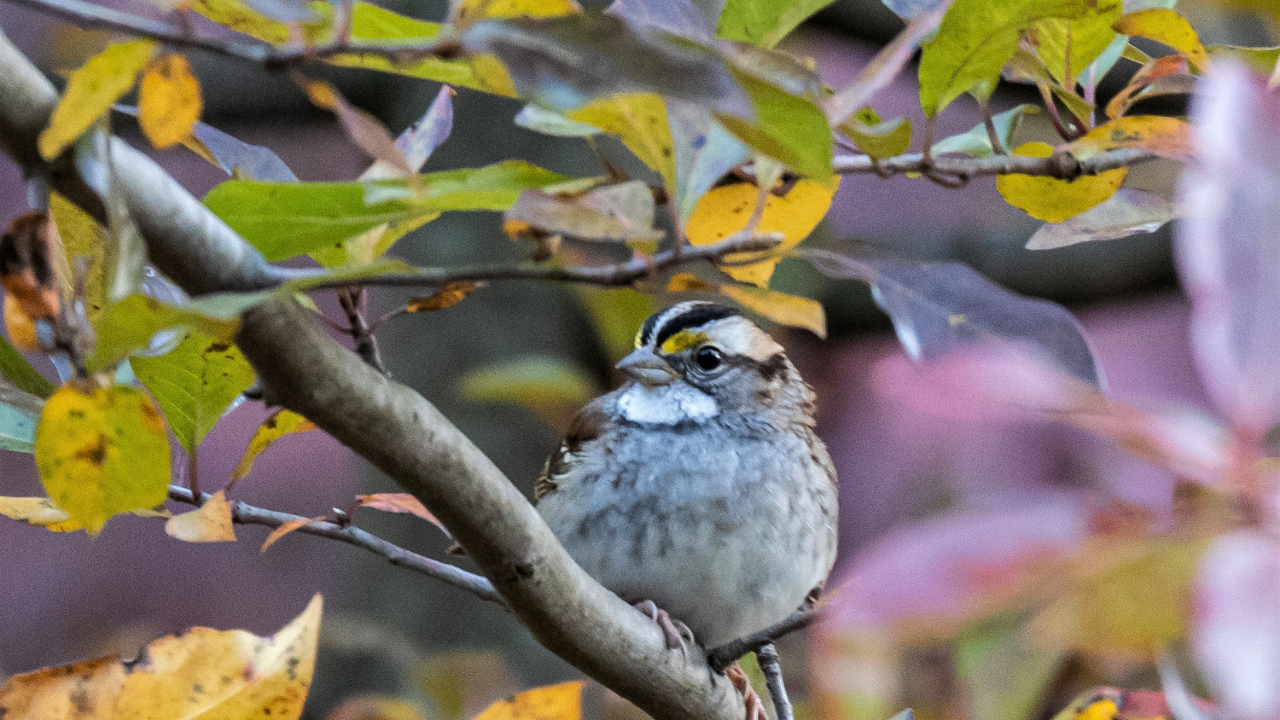Get Involved with Citizen Science
As we shared in our article “Citizen Science – Get Involved, Share, Contribute” before, people have always been fascinated by and made observations of the natural world. Those observations have informed countless scientific studies – and they still do. Through Citizen Science, people have the opportunity to share and contribute to important projects that help increase our understanding of the world around us.
Now, more than ever, we have the chance to make a real difference for the environment by taking the time to participate in Citizen Science projects.
We see the impacts of Climate Change all around us. It affects our communities, weather, the food we grow, plants, and animals. So this year, we’re calling on everyone to take action to support two important Citizen Science projects whose purpose is to capture data on the impacts we see from Climate Change: Project Budburst and Nature’s Notebook.
These projects are designed to collect data on phenology and pollinator activity. Phenology is, essentially, the study of nature’s calendar. It tracks the natural world’s cyclical changes, including the bloom time of plants, the seasonal migration of birds, the changing colors of autumn, and so much more. These cycles drive the ecosystem and support life on Earth.
Phenology is incredibly sensitive to changes in climate. If you’ve ever noticed a tree in your yard blooming earlier than you expected, or if you’ve observed that the autumn leaves fell later than usual, you are making observations of phenology. Project Budburst and Nature’s Notebook are designed to collect those observations so that scientists worldwide can use them to learn more about Climate Change and the impacts we’re already seeing in our local environment.
How do you get involved?
The great thing about Citizen Science is that all you need to participate is a computer or smartphone and a willingness to make observations. So let’s take a closer look at how you can participate in these important projects.
Project Budburst comes to us from the Chicago Botanic Garden and is a community-focused, data-driven project aimed at plant conservation. It takes roughly five minutes to make an observation. To get involved, all you need to do is visit the Project Budburst website and click “Join Now.” Once you’ve created a profile, the website will walk you through the steps of making and recording an observation that scientists worldwide can use to track how the plants in your area are responding to the existing conditions and how that has changed over time.
Nature’s Notebook is an exciting project because you can join specific campaigns tailored to your interests. These campaigns cover a wide range of topics and include Green Wave, which is designed to track leaf out in the spring; Nectar Connectors, which collects data on the plants that monarch butterflies and other pollinators rely on during their migration; and Quercus Quest, which gathers data on the relationship between climate and leaf and flowering phenology of different oak species. Many more are available.
The best way to get involved is by visiting the Nature’s Notebook website. It takes about 10 minutes to become an observer. Their website is full of excellent guides and resources to help you get started.
Observations for both Project Budburst and Nature’s Notebook can be made anywhere you interact with plants — your backyard, a local park, or right here at Tyler! Since we are an Arboretum, our trees, shrubs and some herbaceous plant groups are labeled with the genus and species. So, if you’re making an observation for either project, you can check the attached plant tag or sign to confirm your identification.
We will also be holding pop-ups and tours specifically to help our visitors and members engage with these important projects. Stop by our Lilac Collection on Saturday, April 23, from 9:00 am – noon to learn more about getting involved. And next time you’re at Tyler, take a moment to look closely at the plants around you. Record what you see. Working to combat Climate Change is a daunting task, and your data could help scientists worldwide.
We’re big fans of Citizen Science at Tyler. Check out the below projects to learn more about a few citizen science projects our volunteers are involved in here at Tyler.





